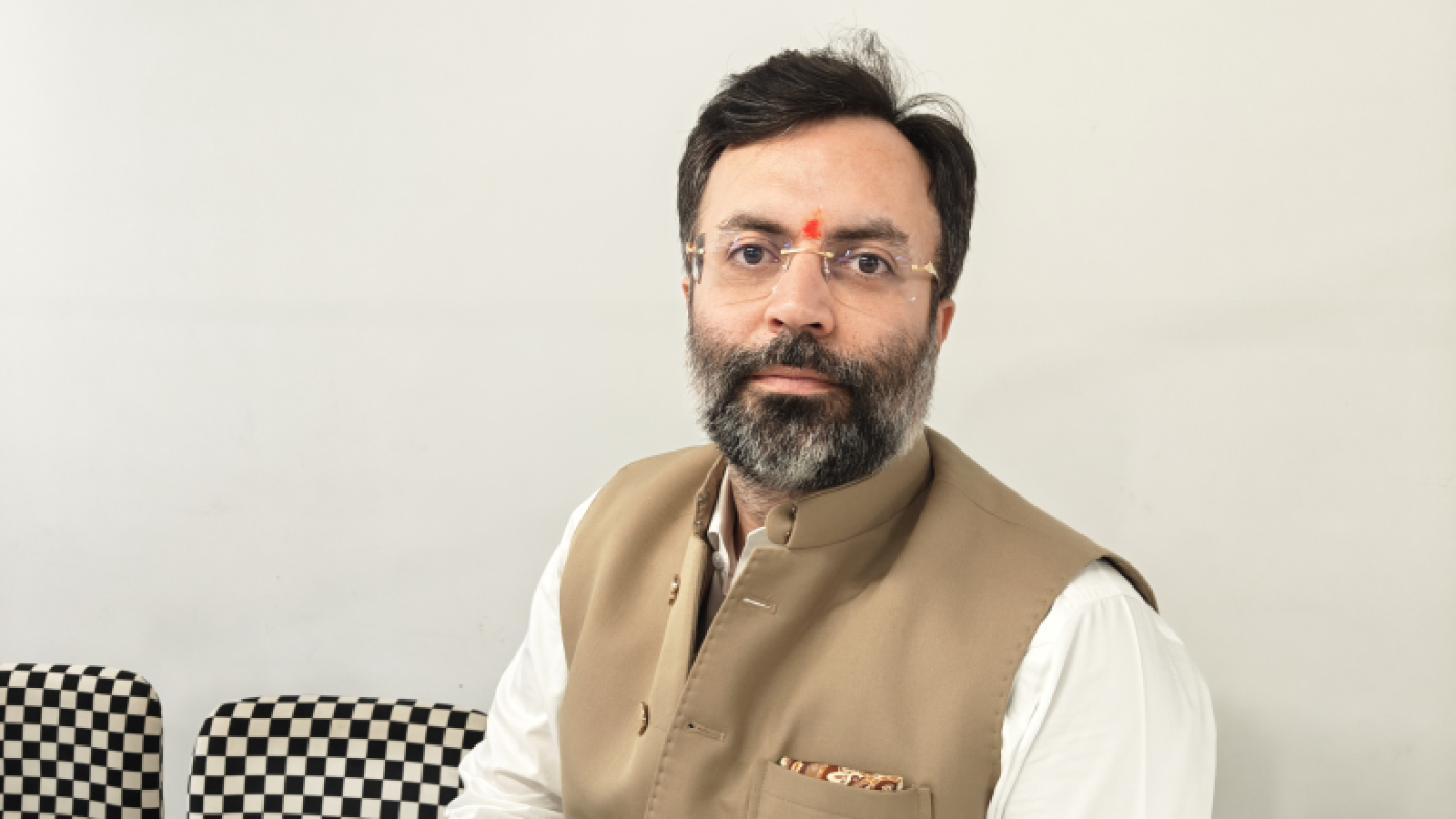 |
|
India's recent triumph at the Chess Olympiad, securing gold in both the Open and Women's divisions, has propelled the country into a dominant position within the global chess landscape. This success has garnered international attention and brought India's next generation of chess players into the spotlight. AICF President Nitin Narang, in an interview with The Indian Express, outlined an ambitious plan to capitalize on this momentum and further elevate India's standing within the world of chess.
Narang acknowledged the immense responsibility that comes with India's success, highlighting the importance of providing adequate support and resources to its talented players. He emphasized the federation's commitment to creating a robust system that nurtures these young athletes and ensures their continued growth. The interview also touched upon the positive reception India's chess players received at the Olympiad, with fans from around the world expressing admiration for their skill and humility.
Narang discussed the expectations placed upon the AICF by the global chess community. India's vast chess ecosystem, driven by its large population and growing interest in the game, makes it a pivotal force in the sport's development. Nations from Southeast Asia and Africa are seeking guidance and expertise from India, recognizing its expertise in coaching, arbitration, and grandmaster development. Narang highlighted the potential for India to leverage its position to attract sponsorships and generate revenue, comparing its role within chess to that of the BCCI in cricket, though acknowledging the need to develop robust broadcast partnerships to maximize financial gains.
He further stressed the importance of digital platforms in reaching out to potential sponsors and engaging a wider audience. Narang believes that the influence India's chess players hold over younger generations can be leveraged to promote the sport and attract new talent. The interview also touched upon the complexity of chess rules and the need to make the game more accessible to a wider audience. Narang proposed the development of a national rating system, parallel to the existing FIDE Rating, to encourage participation and recognition within the formal chess ecosystem. This system, implemented through an app, will track player performances and provide incentives for participation, aiming to reach 1 million registrations.
The interview concluded with a discussion of the needs of India's top chess players, including the creation of a more robust ecosystem of super tournaments to provide ample opportunities for players at various levels. Narang also revealed the AICF's plans to financially support young players, offering contracts to top performers in various age categories. This support aims to encourage continued participation in chess and help players reach their full potential.
The article also provided an update on the Chess Olympiad Gaprindashvili Cup, confirming that the missing trophy issue has been resolved and appropriate measures have been implemented to prevent such incidents in the future.
